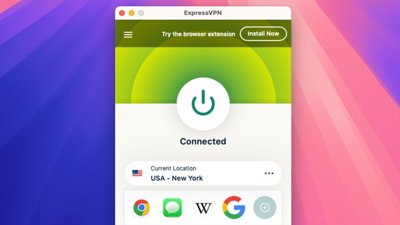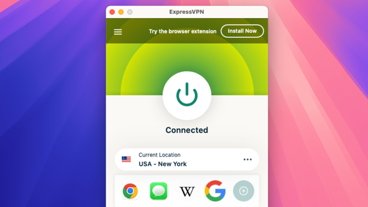Apple and Google are ramping up lobbying efforts against an Arizona bill that would allow developers to use third-party in-app payments methods, bypassing the tech giants' 15% or 30% cut of digital sales.
Arizona State Rep. Regina Cobb, a co-sponsor of the HB2005 amendment, told Protocol that Apple and Google began intense lobbying activities before the bill was formally introduced in February.
"We went through a very difficult weekend where Apple and Google hired probably almost every lobbyist in town," Cobb said.
Apple's senior manager of state and local government affairs Rod Diridon, who successfully lobbied against a California right to repair bill in 2019, was reportedly called in to assist with the Arizona legislation. The iPhone maker also joined the Arizona Chamber of Commerce and hired Kirk Adams, former chief of staff to Arizona Gov. Doug Ducey and speaker of the Arizona House of Representatives, to discuss the amendment with Cobb, the report said.
Lawyers for both Apple and Google argued the constitutionality of the bill with the Arizona House's lawyers.
Cobb said she was presented with the idea for HB2005 in February by Ryan O'Daniel, a local lobbyist who represents Match Group and the Coalition for App Fairness. The bill would enable developers to tap third-party payment systems instead of those offered by Apple and Google in their respective App Store and Google Play Store marketplaces.
Apple's chief compliance officer, Kyle Andeer, at a hearing last week said that HB2005 amounts to a "government mandate that Apple give away the App Store," the report said. Andeer added that the bill "tells Apple it cannot use its own checkout lane and collect a commission in the store we built."
The Arizona legislation is similar to a more wide reaching bill that failed in North Dakota last month. That proposal dealt not only with third-party payment systems, but also demanded alternative app stores for smartphone users.
With its bill focusing solely on payments, Arizona's attempt to rein in powerful tech firms might have a chance at passing a full House vote. If adopted, large developers looking to avoid app store "taxes" would likely flock to the state.
Cobb plans to discuss the bill this week with Apple executives at a meeting arranged by Adams, the report said.
"It's time to make some concessions," Cobb said. "I'm sure other states are going to be watching from the sidelines. On both sides, I think they're going to start navigating a little bit more precisely after they've been able to gain knowledge from this experience in Arizona."
 AppleInsider Staff
AppleInsider Staff







-m.jpg)






 Christine McKee
Christine McKee
 Chip Loder
Chip Loder
 Malcolm Owen
Malcolm Owen
 Marko Zivkovic
Marko Zivkovic
 Wesley Hilliard
Wesley Hilliard







-m.jpg)




44 Comments
Apple can just go back to removing the mechanism for in app purchases altogether for 3rd applications. Unfortunately the good would have to suffer for the greedy. Then a consortium of Small app designers should sue Epic and others for creating the environment by their selfish greed.
Can Apple just turn off developer accounts in Arizona? That would suck for the developers, but it would contain the problem.
Apple could institute a service charge for free apps with in app purchases. Base it on the size of the download.
Or stuff them with ads for Apple gear.
I’d rather not see this effort by the Coalition for App Fairness succeed. I believe platform owner rights should be above platform user rights. However, this aspect of the AppStore is very unpopular. Particularly since there are only two major competitors in the space which causes a degree of lock in. I would love for Apple to find a better middle ground, however I side with Apple on this.
I hope the bill succeeds. It’s time these giant tech companies and their lobbyist start to abide to free market values.
The irony is that ‘free market values’ made them so big to begin with, but with everything, there should be rules and measures in place to safeguard balance and competition.